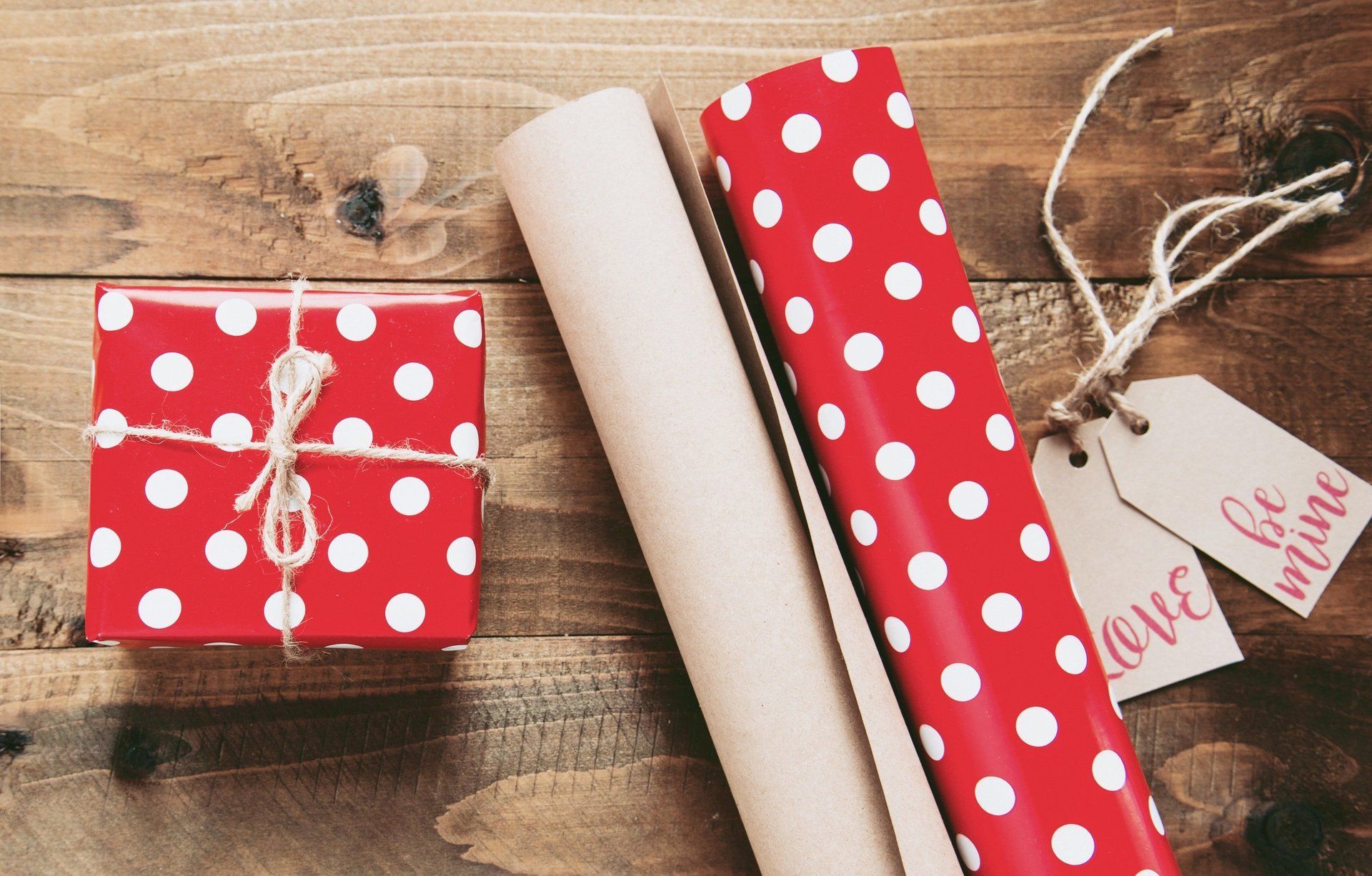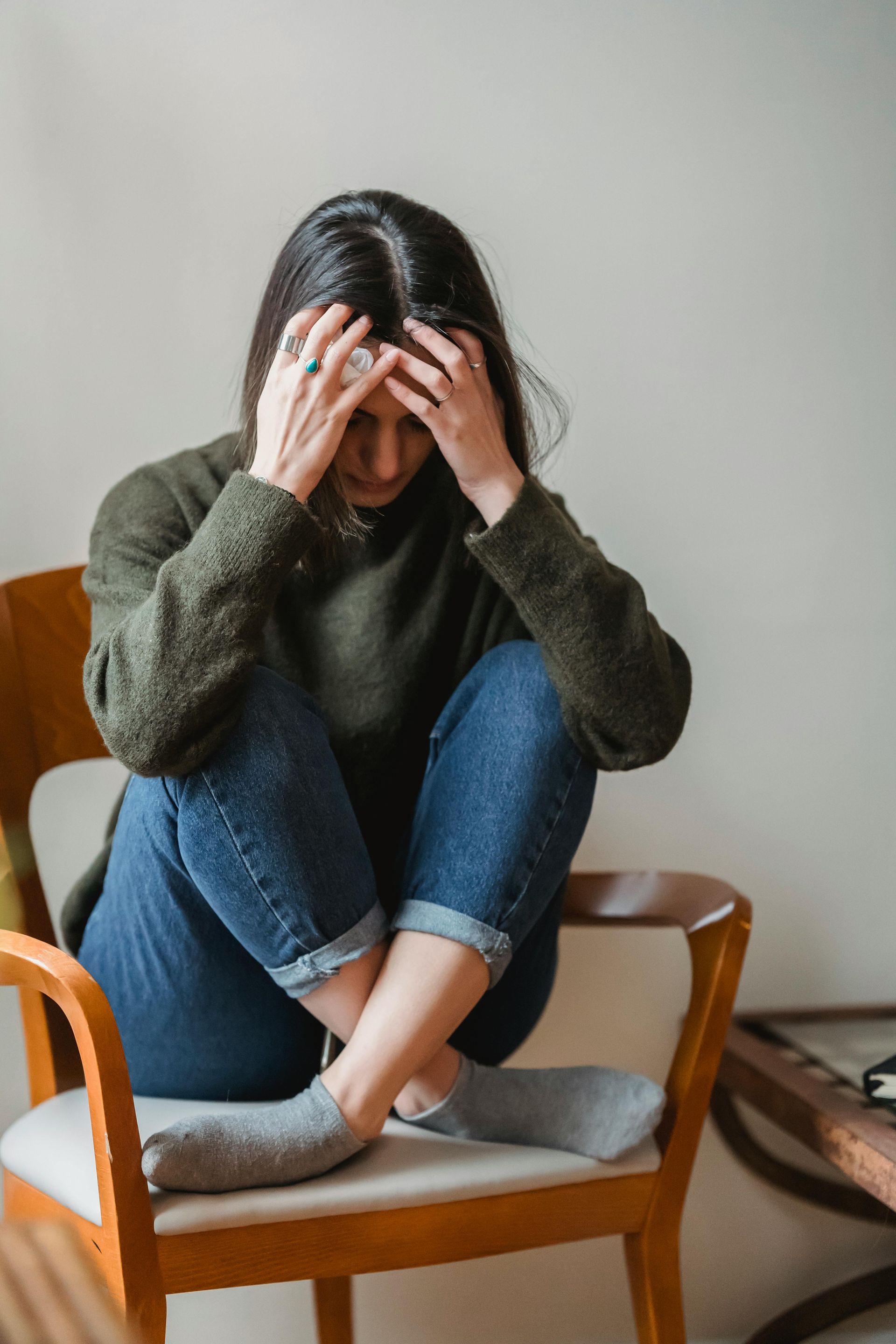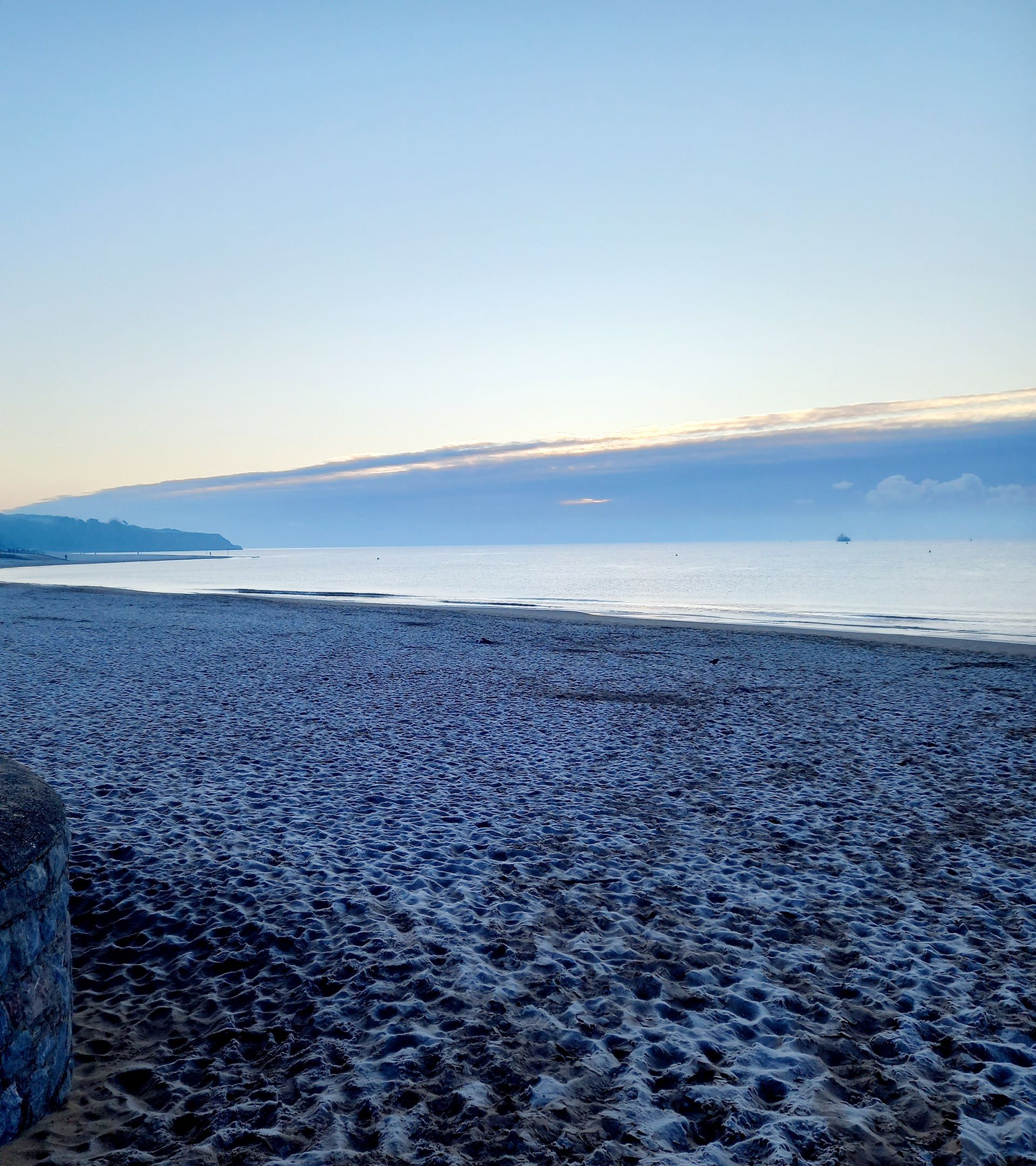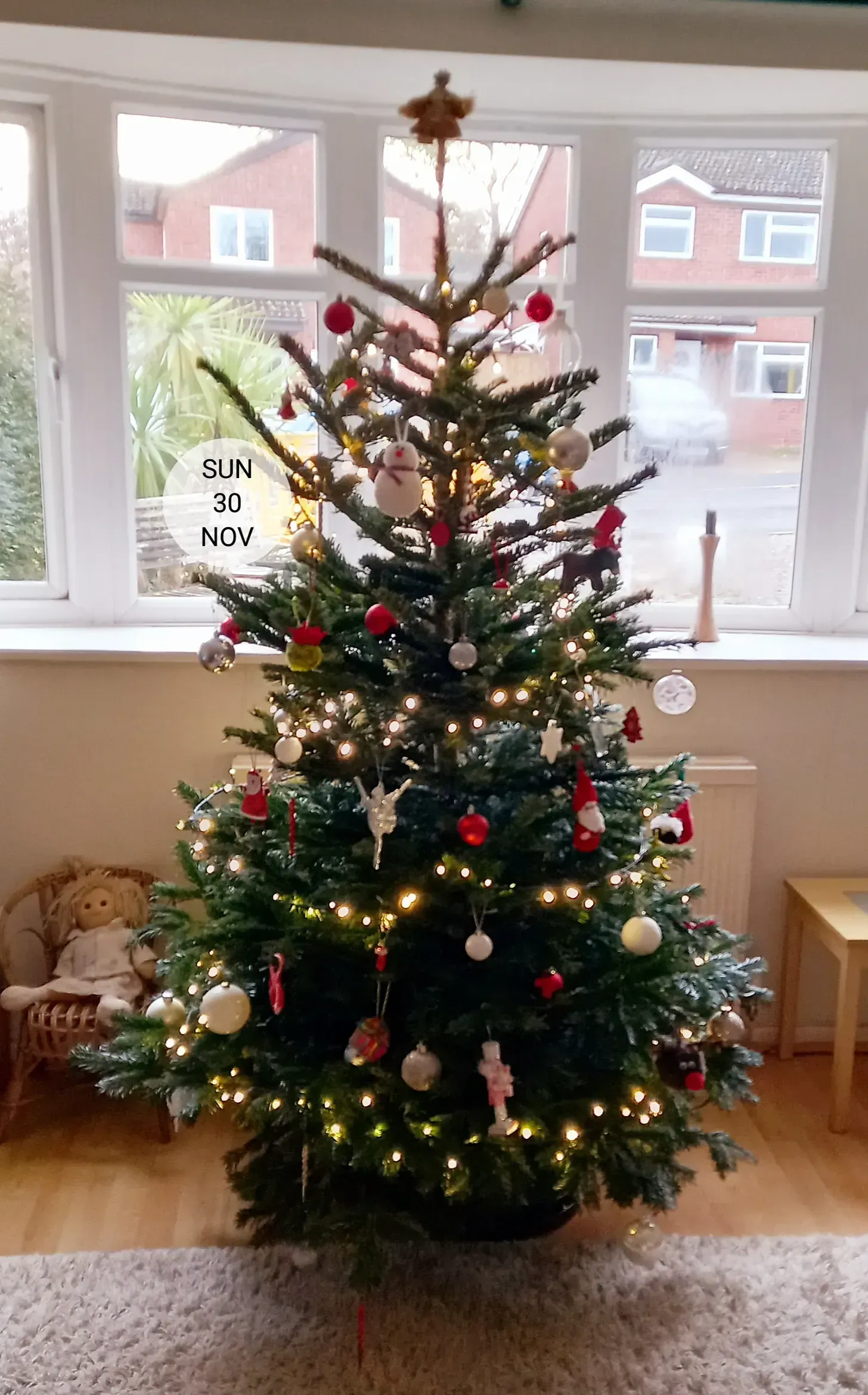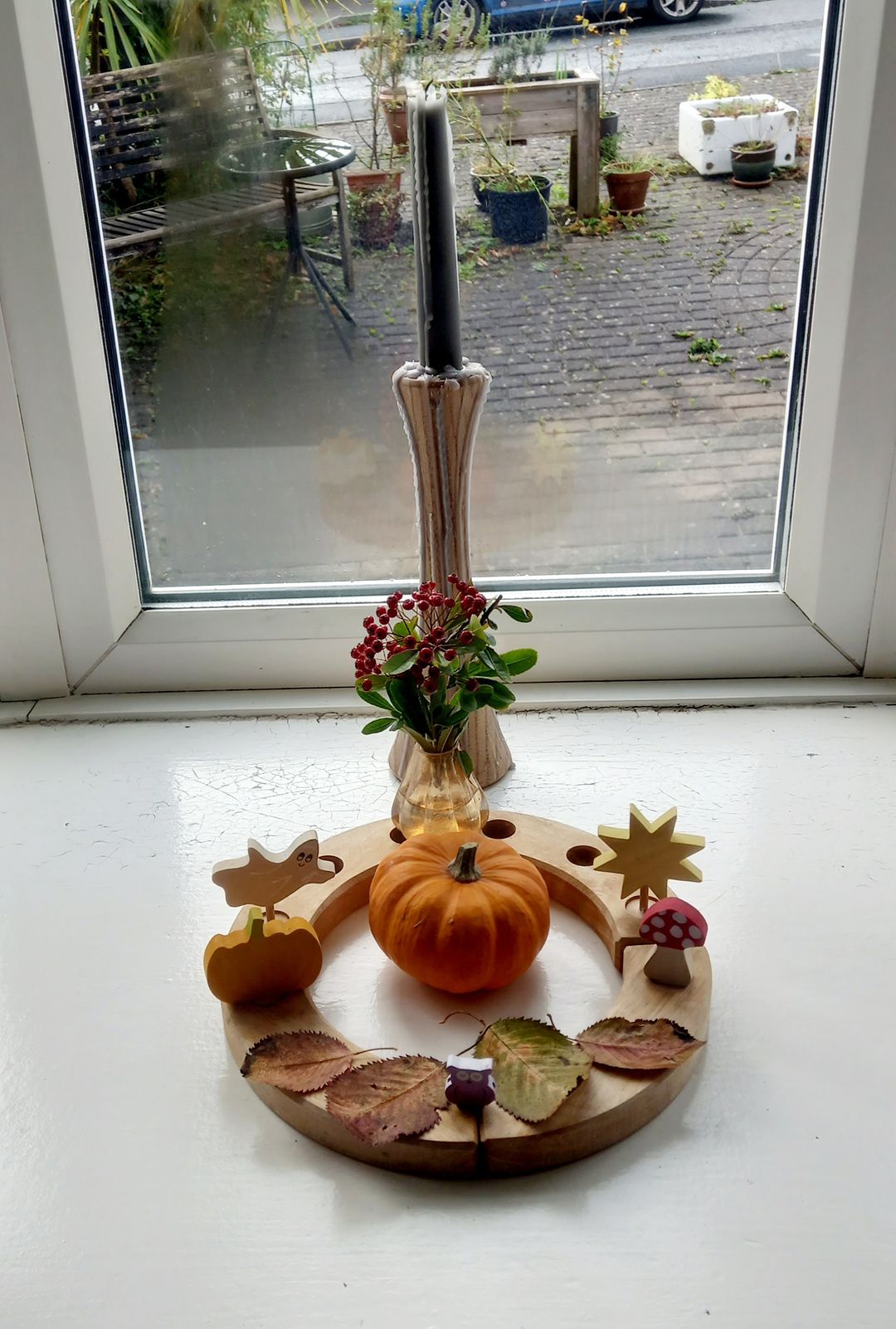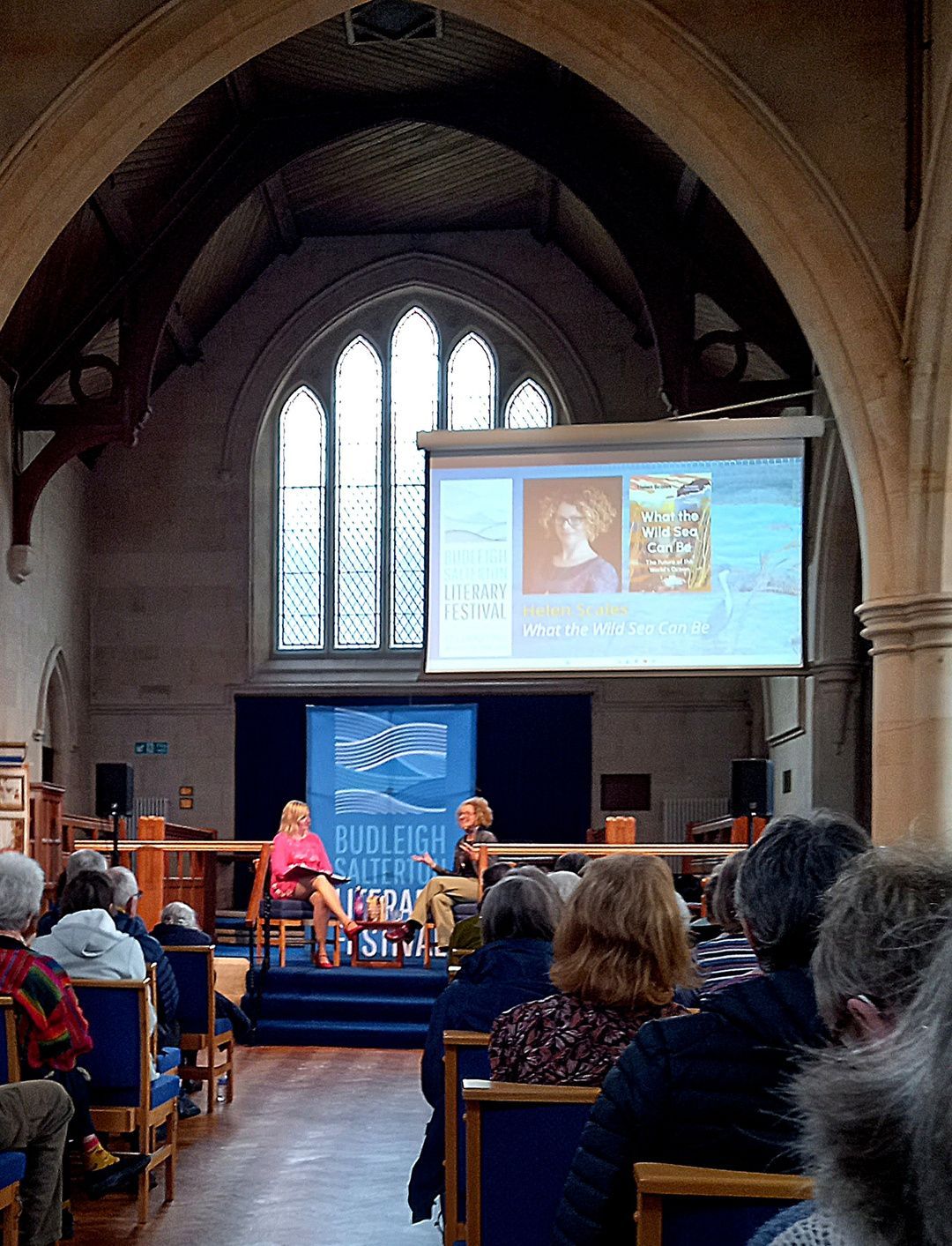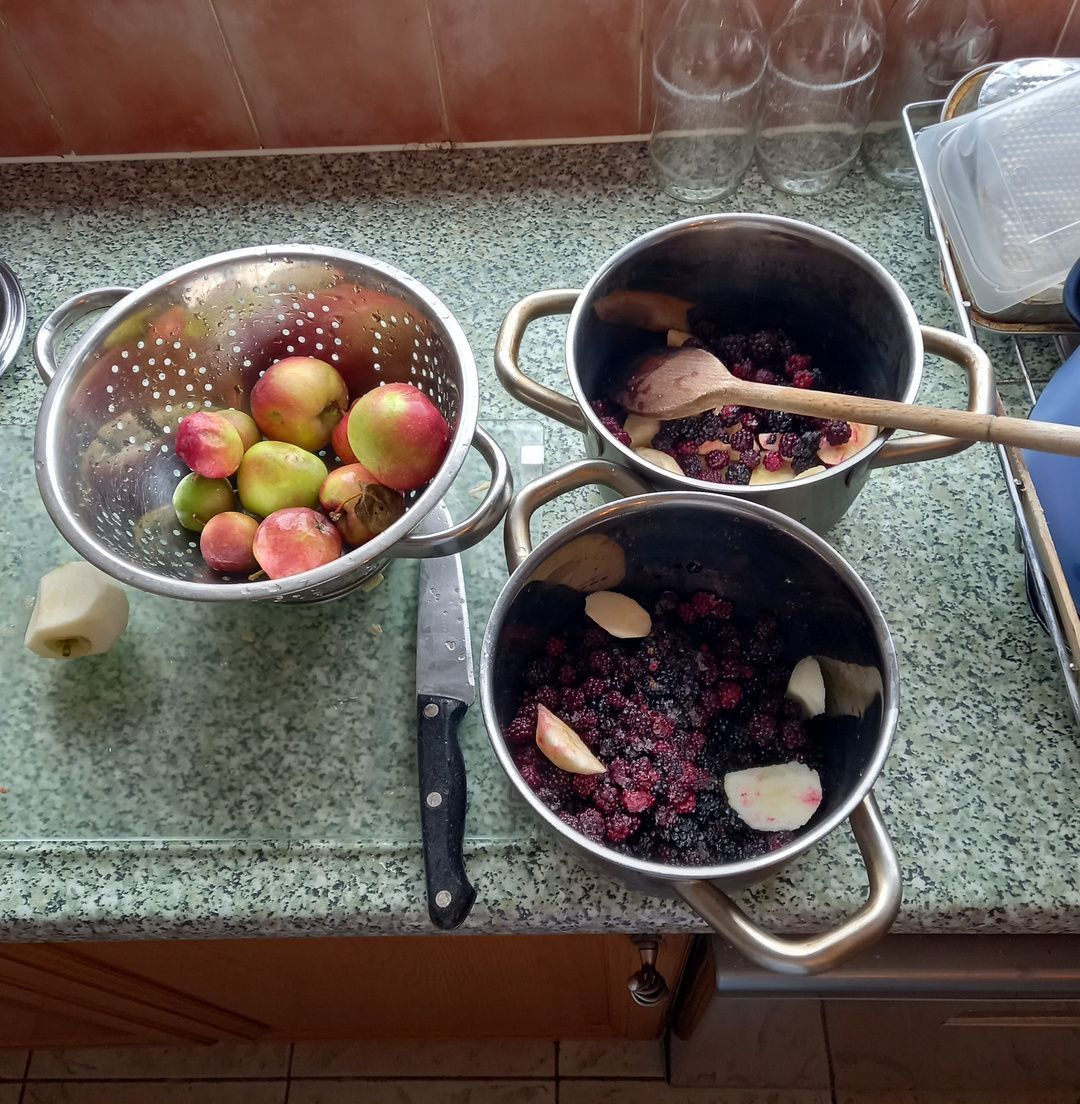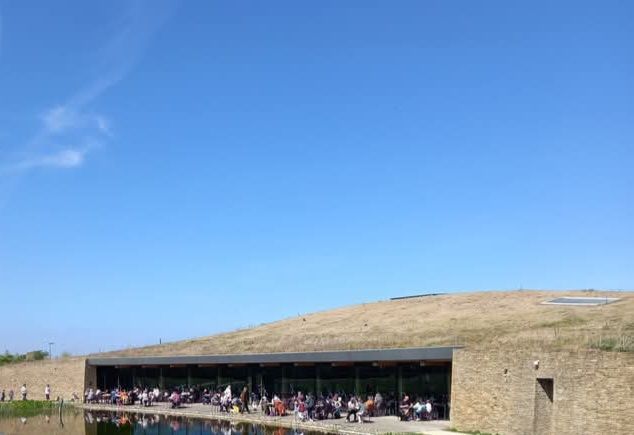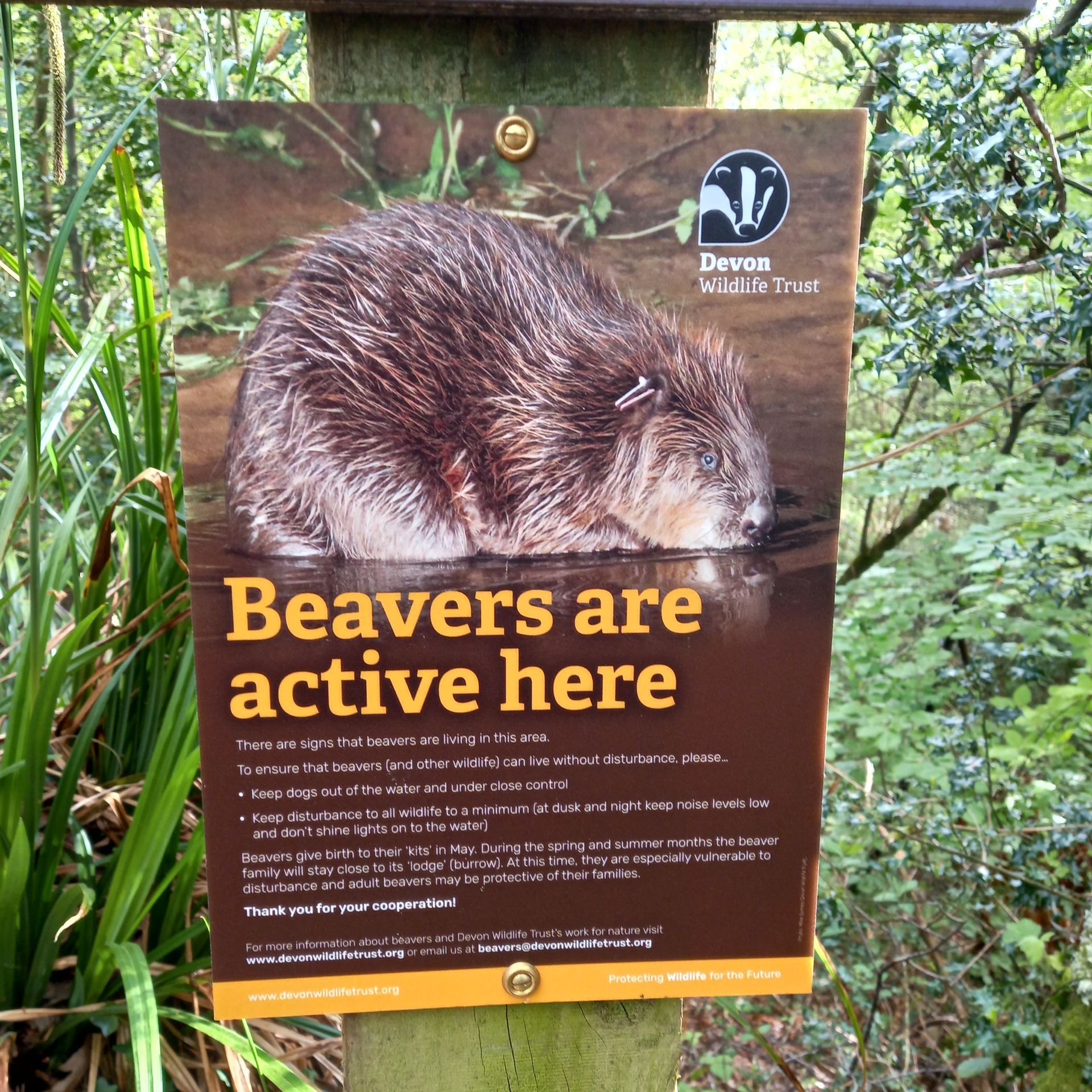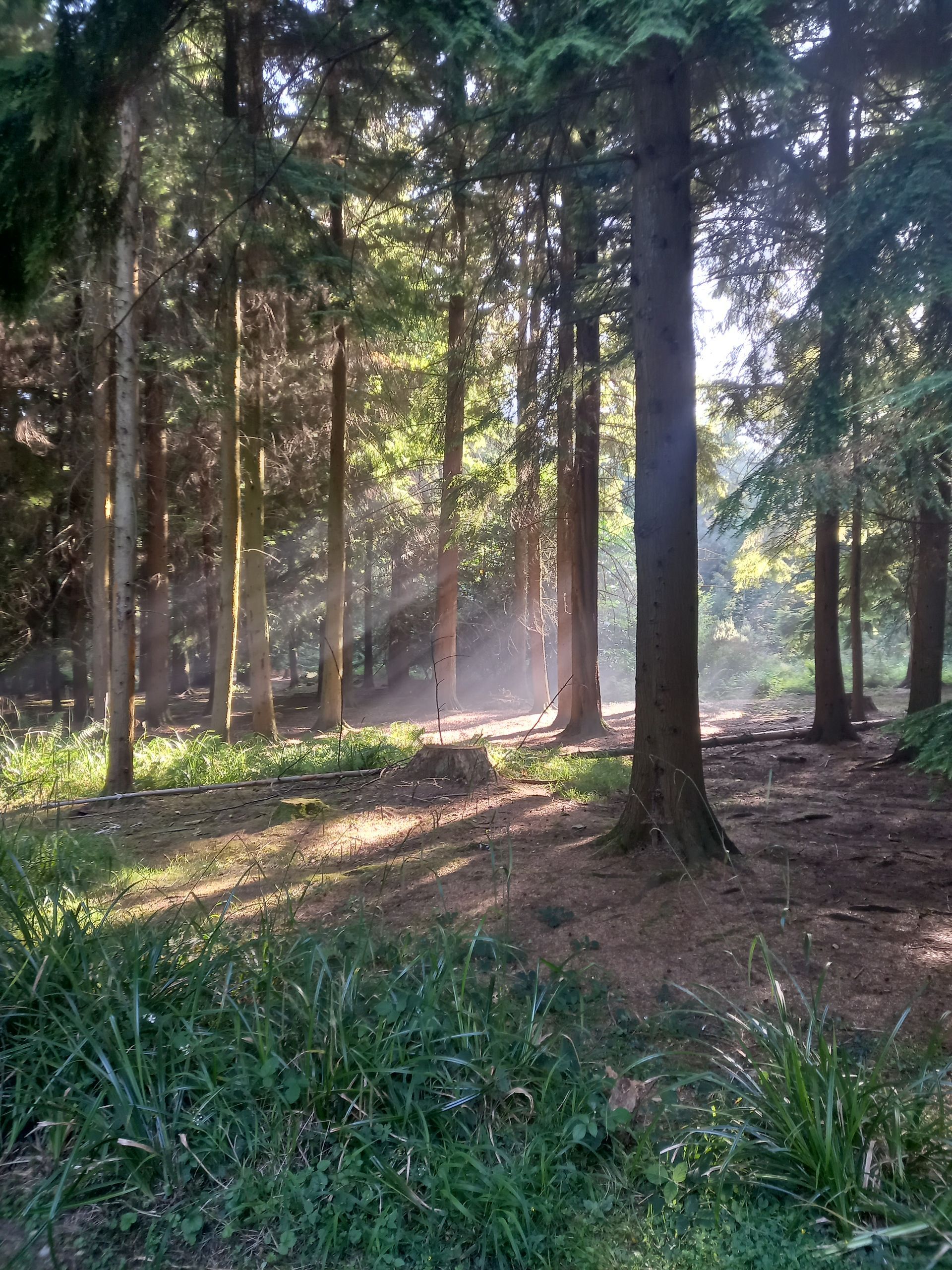Summer Learning
Kids don’t learn in the summer holidays, do they!?!
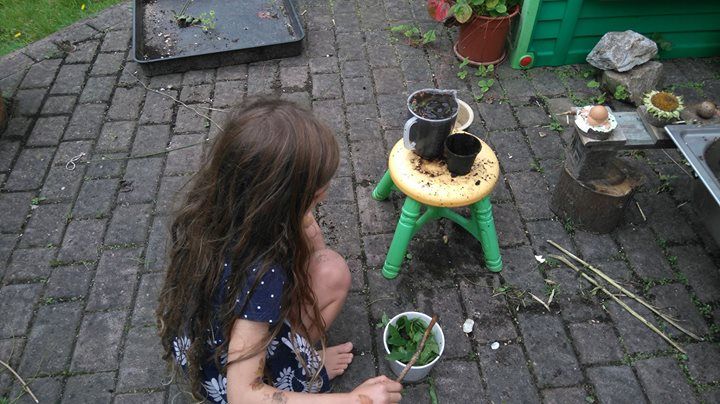
As a primary school teacher, I have often heard conversations in the staffroom about how children have regressed during the long six week break. Is this really the case? I am not saying the same is for all children, I know I am writing from a place of privilege, we have plenty of time and resources available during the summer. I have always been convinced that learning at home is so important and, at times, maybe more important than the learning that takes place in school. I also have an interest in unschooling, feeling (fairly) convinced that children will learn because they are interested in the world around them. So, I thought I would document the learning I see during the summer holidays and during the first week there was so much! This is not, by any means, all the learning my children have done. There will be plenty of learning taking place when I am not looking and plenty of learning taking place, no matter how hard I look, that I can not see. How can I possibly understand all the learning taking place in another person’s brain? I knew they were learning all the time but I am truly amazed at the education they have had in just one week of the school holidays. In the main, this is all child-initiated. I have set up some resources if I have seen an interest develop but it has been completely down to my children what they engage in. As a little aside, it has been reassuring for me to document this for the first time as I, like many parents, feel guilty if I feel a day has been ‘wasted’. For example, I felt worn out yesterday and they spent a big chunk of time playing computer games. I am also trying to reassess my own thinking that nothing is wasteful, a rest day is beneficial and lots can be learnt with technology. So here it is, a breakdown, subject by subject (I am a teacher after all!) of what was learnt in a week playing at home:
Maths
Problem solving through completing jigsaw puzzles.
Playing monopoly included lots of addition and subtraction, number bond practice to 10 and 100 and comparison of two 4-digit numbers.
We worked out how much to pay when buying sunflowers (6 × 50p). We looked at the price of items in shops. The children counted their pocket money and found out the difference between the money they had and the cost of an item they wanted to buy.
Investigating how many pebbles can by stacked on the beach before the tower fell.
Working out what time the meringues would be cooked.
They measured mass in grams when baking.
Building with lego.
When watching ‘Inside the factory’ and ‘The Sweet Makers’ on TV large numbers and negative numbers were talked about as well as dates. They know a century is 100 years.
Spatial skills were developed when playing computer games.
Science
Playing in the mud kitchen, making mixtures (reversible and irreversible changes) and pulling apart flowers (so they could see different flower parts). Also irreversible changes were observed when baking.
Observation of plants were made because we had a sunflower growing in the garden. We have observed the flower open this week and looked at the direction the flower faces. This led to a visit to a farm to pick our own sunflowers and to look if the flowers are all facing the same way.
Art
Illustrating a diary and a book
Writing
My 7 year old wrote some eco-friendly tips and she wrote about Lego Friends.
She also played Bananagram, a spelling game.
Reading
I have seen them read the following books:
Sams Pizza by David Pelham
Rent a Bridesmaid by Jaqueline Wilson
Alone in the Dark by Holly Webb
The Longest Whale Song by Jacqueline Wilson
We have visited the library and started a reading challenge. We bought some second hand books.
Geography
We learnt where tea is grown.
We travelled around in our local environment.
Music
We listened to music in the car and on I-pods. Live music was playing when we visited the High Street.
ICT
They played a range of computer games.
Physical Skills
Computer games develop hand/eye coordination and speed up reactions.
Bouncing and catching a ball.
Hula hoop
Playing running games.
Table tennis
Playing on bikes and scooters.
Swimming
Cooking, nutrition and food
We watched ‘Eat Well for Less’ on TV which gave us recipe ideas and we learnt about maximum daily amounts of sugar and how much sugar is in specific products.
We learnt how tea bags are made.
My 9 year old made meringues.
We saw cocoa beans in a cafe.
History
We learnt a bit about the history of tea including how it used to be sold loose, by weight, and how much tea was allowed during WWII rationing. We also learnt that soldiers during the war had access to tea and how they made it.
We learnt about food in the 1910s and learnt a little about suffragettes.
We learnt about sweet making in the Georgian period.
The children learnt the meaning of the word ‘historian’ and ‘inherit’.
(This was all learnt from watching TV).
Social Skills
Taking turns playing games.
Resilience because of not always winning the games.
Negotiating what we are going to do, looking at everyone's needs.
Helping each other e.g. with tidying the house.
Having friends to stay and managing with the changes in dynamics.
Sharing our things.
Playing with children of different ages from 1 – 10 years old and interacting with a range of adults.
I am truly amazed by how much my children have learnt during the week. I am not sharing this to show off, although I am really pleased. I share because I value the contribution parents, grandparents, friends and children themselves play in education. Learning is often seen as something that happens in school, only in the presence of teachers but this is not the only way children learn. I want to raise the profile of child-led learning in the home and make parents and caregivers really value the role they play in this.
Feel free to share the ways your children learn during the school holidays.
Further Reading:
Can I Unschool my School-Attending Children? My winning article from The Green Parent Writing Competition 2017.
